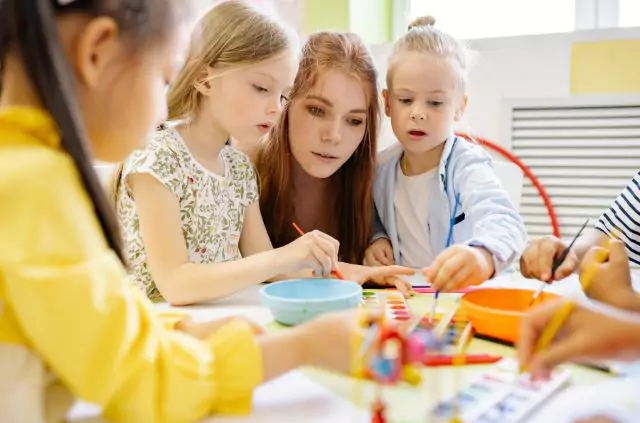Enrolling children in private schools is a decision that many parents face while navigating through the complex landscape of education. With various factors influencing this choice, it is essential to weigh the potential benefits and challenges. In this article, we will explore the multifaceted advantages of opting for a private school education and how it aligns with effective parenting strategies.
The Growing Trend of Private School Enrollment
In the United States, private schooling is becoming an increasingly popular choice among parents. Statistics indicate that one out of every ten students attends a private school, highlighting its significance in the educational landscape. The reasons behind this trend range from the quest for academic excellence to institutional values that align with personal beliefs.
One of the compelling reasons parents choose private education is the promise of an enriched academic environment. Many parents view private schools as offering a curriculum that extends beyond traditional public schooling. With diverse programs and tailored learning opportunities, private schools cater to the unique needs and interests of students.
Parental involvement is a notable feature of private school culture, fostering a collaborative atmosphere between educators and families. Engagement in school activities and decision-making processes ensures that parenting and education go hand in hand. This relationship further strengthens the community aspect of private schooling, promoting a sense of belonging among students and their families.
Advantages of Smaller Class Sizes
One of the most cited advantages of private education is the benefit of smaller class sizes. With student-to-teacher ratios typically around 12:1, these environments allow for more personalized learning experiences. This ratio is significantly lower compared to that in many public schools, ensuring that each student receives individual attention and support.
The intimate setting of a small classroom fosters effective communication between students and educators. Teachers can adapt their instructional methods to accommodate varied learning styles and provide tailored feedback. As a result, students are more likely to engage deeply with the material and achieve academic success.
In addition to promoting academic growth, smaller class sizes contribute to a stronger sense of community among students. The close-knit environment encourages collaboration and relationship-building, critical components of social development. These aspects of private school education can play a crucial role in shaping students’ interpersonal skills and confidence.
Diverse Educational Opportunities
Private schools often provide a multitude of educational opportunities that may not be available in public school systems. With 16,800 school districts in the United States, the variety in curriculum offerings and extracurricular activities is extensive but differs vastly between public and private institutions. This diversity allows parents to choose options that best fit their child’s interests and educational needs.
Private schools frequently offer specialized programs such as advanced placement courses, international baccalaureate programs, and multiple foreign language options. These programs provide students with the chance to challenge themselves academically and prepare for higher education. Additionally, the presence of unique extracurricular activities helps students develop skills beyond the classroom, enhancing their overall educational experience.
The diverse learning environment in private schools supports a holistic approach to education. Schools focus not only on intellectual development but also on moral and emotional growth. By instilling values, ethics, and critical thinking skills, private schools prepare students to become well-rounded individuals capable of navigating life’s complexities.
Choosing the right educational path for a child is a key aspect of effective parenting. Private schools offer a range of benefits that can support parents in providing an optimal learning environment for their children. From personalized attention and small class sizes to diverse programming and community engagement, the advantages are substantial and impactful.
As parents weigh their decisions, considering how a school’s values, offerings, and community align with their parenting philosophy is crucial. By selecting a private school that resonates with their goals, parents can enhance their child’s educational journey and personal growth. Ultimately, the decision to enroll in a private school can be a pivotal step in guiding children toward a successful and fulfilling future.
Private schooling presents a compelling option for parents seeking quality educational experiences for their children. As part of a broader educational system, private schools offer unique features that can meet diverse family needs and preferences. This commitment to customized education makes private schooling a choice worthy of consideration for families aiming to achieve educational excellence.



